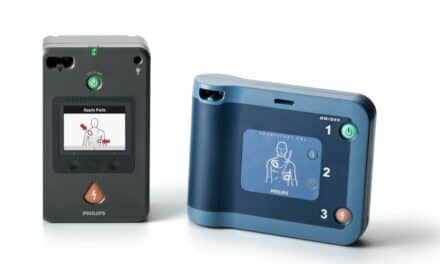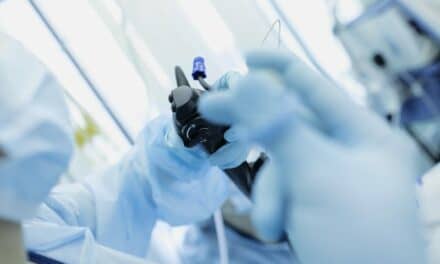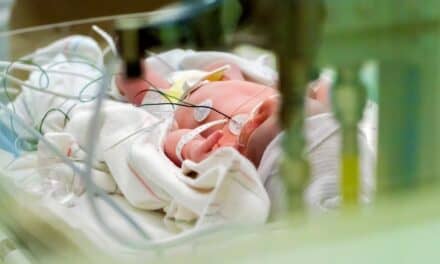A global, multi-center study focused on identifying deteriorating patients in general hospital wards and improving their outcomes used the IntelliVue MP5SC vital signs monitor from Royal Philips Electronics, Andover, Mass.
Results, published in the August issue of the Journal of Critical Care Medicine, include a finding that the deployment of an electronic automated vital signs monitor to assist in the acquisition of vital signs and calculation of early warning scores (EWS) increased the survival rate of patients who required a rapid response team (RRT) call.
The Philips IntelliVue MP5SC vital signs monitors used in the study had the integrated and automated IntelliVue Guardian EWS clinical decision support (CDS) tool. CDS tools, such as the EWS, analyze, interpret, and present data in a meaningful way, helping clinicians to speed patient assessment and plan treatments. The researchers studied the effects of adding the monitors to the hospitals’ existing general ward protocols on RRT calls, measuring the survival of RRT call patients, serious adverse events, and length of stay. Other study results included:
• Survival rate increased by 6.3% among patients who received RRT calls;
• Average length of stay decreased by 3% in the United States hospitals included in the study; and
• The time required to measure and record a set of vital signs decreased from 4.1 minutes to 2.5 minutes, resulting in 1.7 nursing hours per day, allowing nurses to focus energies on other aspects of patient care.
The study was conducted in 12 general care wards at hospitals in five countries with a total of more than 18,000 participating patients.




